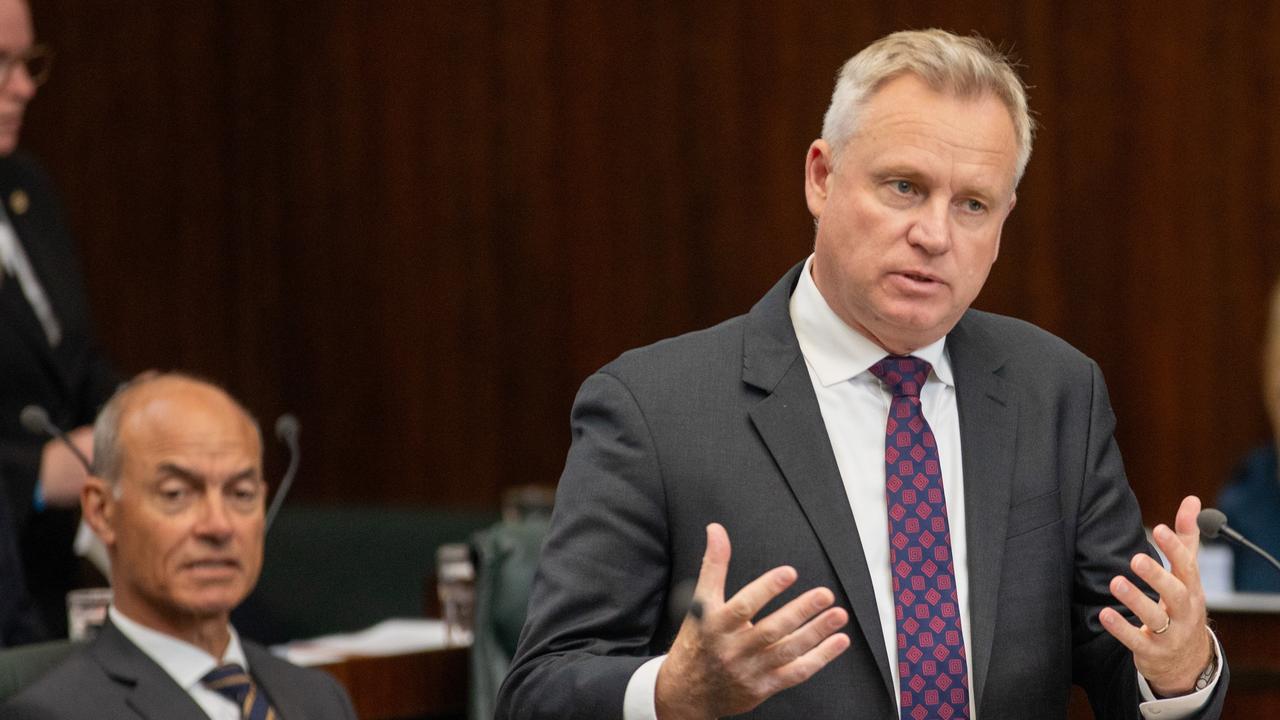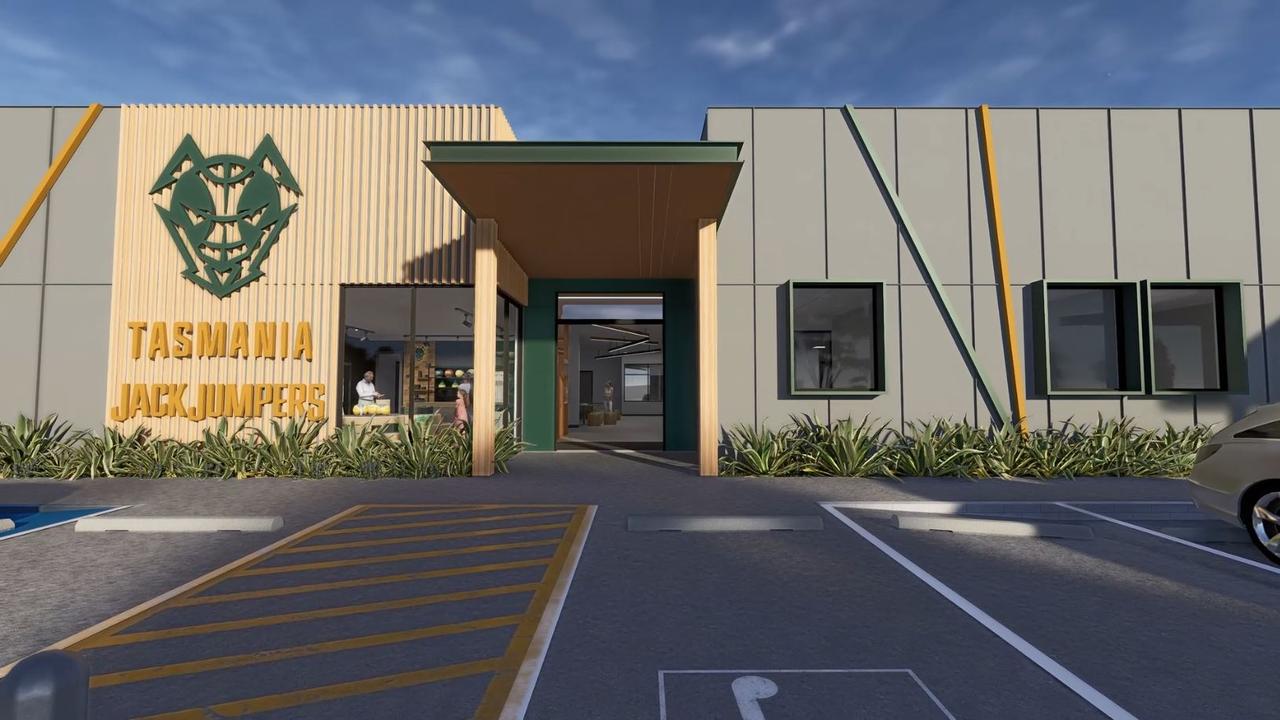Tasmanain Government tables laws to impose mandatory jail for child sex offenders
Legislation to impose mandatory jail sentences for serious sex offenders has been tabled in state parliament. Both Liberal and Labor want different changes to be made. WHAT THEY’RE SEEKING>>>
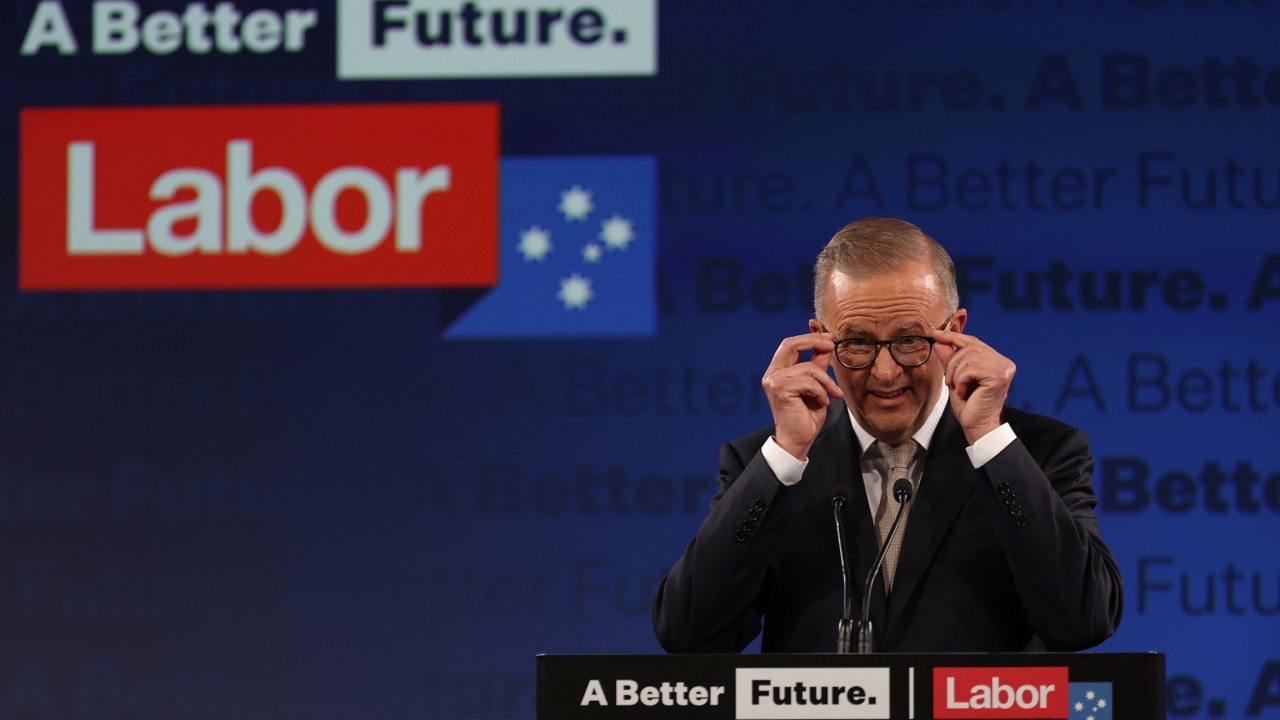
Tasmania
Don't miss out on the headlines from Tasmania. Followed categories will be added to My News.
Legislation to impose mandatory jail sentences for serious sex offenders has been tabled in state parliament.
The government is making a fourth attempt to pass laws to increase the minimum tariff for serious sexual offending at the same time as Labor is calling for maximum sentences to be increased to life imprisonment.
The Sentencing Amendment (Mandatory Sentencing) Bill provides for a mandatory four years’ jail for the crime of rape if victim is under 17 years at the time of the offence and four years for the persistent sexual abuse of a child or young person, where at least one of the unlawful sexual acts is an offence of rape.
It also provides for a mandatory three years’ imprisonment for the crime of persistent sexual abuse of a child or young person where there are circumstances of aggravation and
none of the unlawful sexual acts is an offence of rape and two years imprisonment
for the crime of penetrative sexual abuse of a child or young person where there are circumstances of aggravation.
“The mandatory minimum sentencing provisions proposed in the Bill will not apply where there are “exceptional circumstances”.
Attorney-General and Minister for Justice Elise Archer called on Labor to support the bill.
“We have taken this policy to three separate state elections, and have received a strong mandate each time,” she said.
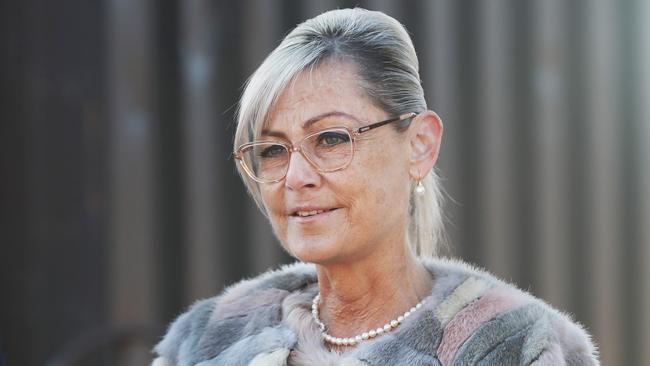
“Guaranteed prison time for child sex offenders should be law right now – but Labor has used their numbers in the Legislative Council to block it time and time again.
“This is simply not good enough. Now more than ever, Labor must listen to victim-survivors who have been calling for this for years.”
Labor’s Shadow Attorney-General Ella Haddad said increasing maximum sentences to life for serious sexual offences would signal to judges that the community demanded tougher penalties in serious cases.
“There is absolutely no question that people who commit sexual offences against children should go to jail. Nobody is arguing against that fact, least of all the Labor Party,” she said.
“What the Labor Party’s position is, is that the government should be giving the power to the courts, to the judges, to actually send those offenders to jail for life, if that’s what the judge determines.
“They are bringing forward lazy legislation that doesn’t serve victims.”
The big move to ‘traumatise’ less kids
Fewer young people will be sent to youth detention under reforms announced by the state government on Wednesday.
Minister for Education, Children and Youth Roger Jaensch told budget estimates hearings that the minimum age of detention will be increase from 10 to 14 as part of a comprehensive rethink of the state’s youth justice system.
“We know that detention does not support rehabilitation or reduce the likelihood of reoffending for younger children,” he said.
“Early exposure to a detention environment can also further traumatise young people, expose them to problem behaviours of older detainees and increase criminal networks.
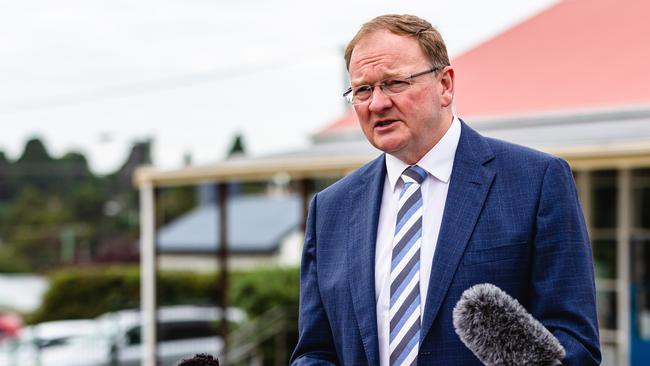
“There will always be a need for secure detention as a last resort for a very small minority of young people who commit the most serious offences, and to ensure community safety.
“This change will help ensure that the detention of young people in Tasmania is truly a last resort.”
Former Premier Peter Gutwein announced the closure of the Ashley Youth Detention Centre in September last year.
It will be replaced by two new smaller facilities – one in the state’s north and one in the south within three years.
Mr Jaensch said the government was committed to “a nation-leading, best practice approach to young people in conflict with the law”.
The reforms are expected to be in place by the end of 2024 and will apply to young people who are either awaiting trial or who have been sentenced by the courts.
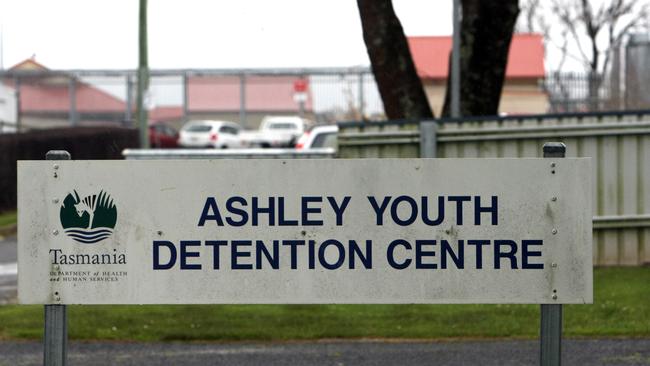
Mr Jaensch said exceptions for serious crimes, and in the interest of community safety, will be identified during the development of legislation.
“It is important to note that raising the minimum age of detention is separate and distinct issue
to the age of criminal responsibility, which will continue to be considered through the national Meeting of Attorneys-General,’ Mr Jaensch said,
“As our Attorney-General Elise Archer has said, it is our preference for a nationally consistent position on the minimum age of criminal responsibility.”
Commissioner for Children and Young People Leanne McLean said the change was a positive step in the right direction, but more reforms were needed.
“Raising the age of detention does serve to reinforce the general principle that detention for children should only be used as a last resort and that for young children it is totally inappropriate,” Ms McLean said.
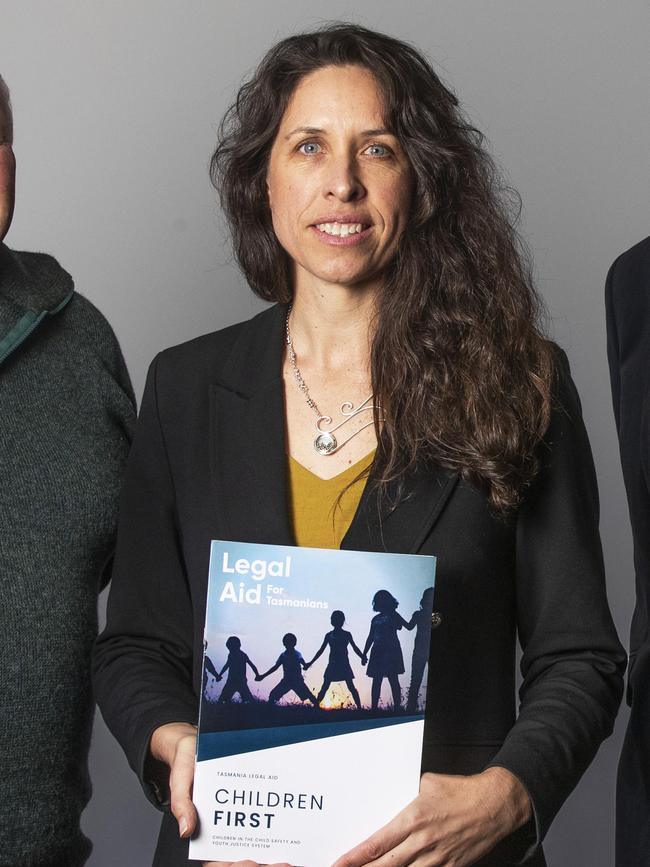
“However, harms to young children associated with contact with the youth justice system are not restricted to time spent in detention.
“A higher age of detention would not, for example, prevent a child of 10 being arrested and held in an adult reception prison pending police investigation.”
Prisoners’ Legal Service chair Greg Barns SC said raising the age of crimina responsibility was the key reform needed.
“While the PLS welcomes Minister Jaensch’s lifting of the age of detention to 14 it does not go far enough and fails to embrace the need for the age of criminal responsibility to 14.
“The PLS does not believe anyone under the age of 18 should be in detention. All the evidence shows that detaining in a custodial setting leads to increased recidivism and poor mental health outcomes.
“We are also concerned that Mr Jaensch’s announcement refers to ‘custodial settings’ in the Ashley replacement — this is a failed and dangerous model.
“The Rockliff government also needs to raise the age of criminal responsibility to 14 — do not wait for other jurisdictions. Again we criminalise children and continue to ensure their future is jeopardised.”
‘Best interests of children’: Routine strip search to be banned
Legislation banning the routine strip searching of young people entering custody has passed the Tasmanian parliament.
The Youth Justice Amendment (Searches in Custody) Bill restricts the circumstances under which young people can be subject to strip searches after concerns were raises by civil liberties groups.
Attorney-General Elise archer welcomed the passage of the bill through the Legislative Council.
“This is significant reform that protects the wellbeing and best interests of children and young people in custodial facilities, and is in line with well-established human rights standards and principles, and contemporary best practice,” she said.
She said the legislation would provide “the least intrusive, trauma-informed search requirements and safeguards across all custodial facilities for youth, while also adding extra authorisations and requirements for searches”.
Commissioner for Children and Young People Leanne McLean also welcomed the passage of the bill.
“The passing of the … bill 2022 is a very important step towards creating a safer environment for our children and young people in custody,” Ms McLean said.
“However, I would again repeat that this is but one of many urgent reforms needed to ensure the youth justice system is fit for purpose.
“Wide-spread system reform and resourcing must be a priority now to achieve the much-needed therapeutic support services recommended by experts to achieve the best outcomes for children and all in our community.”
Labor seeks answers as Tassie wages remain well below mainland
The Liberal government is not doing enough to lift wages in Tasmania as the cost of living soars, opposition MPs say.
The last four quarterly Australian Bureau of Statistics consumer price index surveys show that Hobart is the most expensive capital city in the nation.
The cost of living in the capital city has increased around five per cent in the last 12 months, the figures reveal.
Opposition MPs say the government is not doing enough to lift wages — which are lower than those interstate and growing at less than the inflation rate.
The government made provision for 2.5 per cent annual pay increases for public sector workers in last week’s sate budget.
Labor leader Rebecca White says the Liberals are the only state government not to have made a submission to the Fair Work Australia annual minimum wage review.
“Given average wages in Tasmania are $11,000 lower than on the mainland and our cost of living is no longer any lower, there is no state who would benefit more from a wage increase for lowest paid workers than Tasmania,” she said.
Premier Jeremy Rockliff said CPI rises were lower Tasmania than interstate and pay rises higher and pledge to negotiate in good faith with public sector unions.
“Pleasingly, the most recent diabetes ABS inflation data shows the increase in the Consumer Price Index in the March 2022 quarter, less than seen nationally,” he said.
“CPI grew two per cent in the quarter, which was against a national growth of 2.1 per cent. “Wages are responding in our tight labour market as evidenced by the wage price index data, annual growth rate is 2.8 per cent the highest in the country for the fifth quarter in the row including the private sector at 2.9 per cent, the public sector 2.6 per cent.” he said.
Member for Franklin David O’Byrne said wage rises that were lower than inflation would impact the health system especially hard.
“Premier, you know your current treatment of health workers, combined with your wages position will drive our already crumbling hospitals and health system further into chaos,” he said.
“Will you for the sake of the public health, abandon this bloody-mindedness and take real steps to value our health workforce.”


